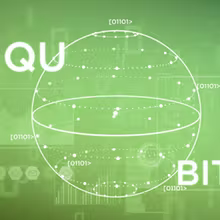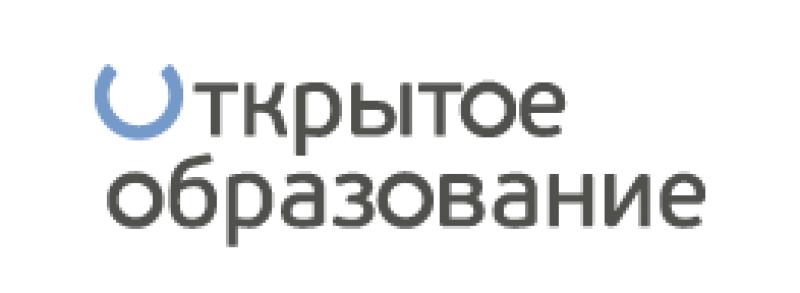

 Открытое образование
Открытое образование
Physical Basics of Quantum Computing
- Начальный уровень
- Наставник: Нет
- Сертификат: Есть
- Формат: Online
- Рассрочка: Нет
- Язык: Русский
- Осталось мест: не ограничено
Physical Basics of Quantum Computing
Организатор курса: СПбГУ
Dear learners, please note that only part of the materials is available for free. All course materials will be available after certification payment.
 факультет
факультет 


